How to Choose the stage lighting equipment manufacturer and supplier in us?
- How to Choose the Stage Lighting Equipment Manufacturer and Supplier in US
- Introduction: Why the right stage lighting equipment partner matters
- Understand your production needs for stage lighting equipment
- Decide OEM vs ODM vs branded stage lighting equipment
- Check product quality and performance metrics for stage lighting equipment
- Energy and lifetime comparison: LED vs traditional stage lighting
- Verify certifications and safety for stage lighting equipment
- Assess manufacturing capability and capacity
- Inspect R&D, IP and product roadmap for stage lighting equipment
- Compare cost vs total value for stage lighting equipment
- Supplier comparison table: local distributor vs overseas manufacturer
- Audit checklist: visit or virtually inspect the factory for stage lighting equipment
- Evaluate warranty, spare parts and service for stage lighting equipment
- Check references, case studies and client list for stage lighting equipment
- Negotiate commercial terms and minimum order quantities (MOQ) for stage lighting equipment
- Protect LQE and IP when engaging an OEM/ODM for stage lighting equipment
- How to test samples and pilot orders of stage lighting equipment
- Why service and long-term partnership matter for stage lighting equipment
- Case example: What to expect from a professional OEM stage lighting equipment manufacturer
- Negotiation tips when sourcing stage lighting equipment
- Conclusion: A step-by-step checklist to choose the right stage lighting equipment manufacturer
- References and sources used in this article
- About the author and company
How to Choose the Stage Lighting Equipment Manufacturer and Supplier in US
Introduction: Why the right stage lighting equipment partner matters
Choosing the right stage lighting equipment manufacturer and supplier determines the visual success, reliability, and total cost of ownership of any production. Whether you need LED stage lighting for a concert, theater, studio or house of worship, the supplier you choose affects product quality, delivery times, customization, and after-sales service. This guide explains how to evaluate manufacturers, compare suppliers, and make confident buying decisions for stage lighting equipment.
Understand your production needs for stage lighting equipment
Before you evaluate any manufacturer, define your technical and commercial requirements for stage lighting equipment. Consider venue size, fixture types (moving head, static wash, profile, beam), color and output needs, control protocols like DMX or Art-Net, and durability for rental versus fixed-install. A clear brief helps you ask the right questions when assessing suppliers.
Decide OEM vs ODM vs branded stage lighting equipment
Different sourcing routes suit different buyers: OEM (original equipment manufacturing) lets you order products made to your specifications under LQE, while ODM (original design manufacturing) offers pre-designed products you can modify slightly. Branded suppliers sell finished stage lighting equipment off-the-shelf. Choose OEM/ODM when you need private-labeling, custom optics, or specific IP protections.
Check product quality and performance metrics for stage lighting equipment
Quality of stage lighting equipment is not only build quality but photometric performance. Ask for photometric reports (lux/footcandles at distances), lumen output, color temperature, CRI (or TLCI for camera work), beam angle, and refresh rate. Confirm LED lifetime specifications (many professional LEDs are rated 30,000–50,000 hours) and thermal management designs to prevent lumen depreciation.
Energy and lifetime comparison: LED vs traditional stage lighting
LED stage lighting equipment delivers lower energy use and longer lifetime compared to incandescent or halogen fixtures—important for operating costs on tours and installs. Use these comparative metrics when evaluating suppliers.
| Property | LED fixtures | Halogen/incandescent |
|---|---|---|
| Energy usage | Typically up to ~75% less energy (depending on fixture) | High energy consumption |
| Lifespan | 30,000–50,000+ hours (professional LEDs) | 1,000–4,000 hours |
| Heat output | Lower heat; better for close proximity | High heat generation |
| Maintenance | Lower, fewer lamp changes | Frequent lamp replacements |
Verify certifications and safety for stage lighting equipment
Regulatory compliance reduces risk. For stage lighting equipment, common certifications include CE and RoHS for electronics in Europe, UL or ETL for North American electrical safety, and FCC for EMI. Also verify compliance with theatrical control standards (DMX512/Art-Net) and any local building-code requirements for fixed installations.
Assess manufacturing capability and capacity
Confirm a manufacturer’s production capacity and lead time to avoid supply bottlenecks for stage lighting equipment. Ask for factory size, annual output, typical lead times, and peak-season schedules. For example, a manufacturer with a 10,000 m² production base and ability to produce ~100,000 fixtures annually is better placed for large orders and consistent supply.
Inspect R&D, IP and product roadmap for stage lighting equipment
Strong R&D indicates product longevity and feature updates. Check a manufacturer’s patent portfolio and new-product development cadence. Companies with broad patent protection and dedicated R&D teams will often offer more innovative and reliable stage lighting equipment.
Compare cost vs total value for stage lighting equipment
Price is important, but total cost of ownership includes energy use, maintenance, warranty, and downtime risks. Use a total-value approach when comparing stage lighting equipment suppliers rather than selecting the cheapest unit price.
Supplier comparison table: local distributor vs overseas manufacturer
When sourcing stage lighting equipment in the US, you may choose a local supplier/distributor or import directly from an overseas manufacturer. Compare the tradeoffs.
| Criteria | Local US Supplier/Distributor | Overseas Manufacturer (e.g. OEM/ODM from China) |
|---|---|---|
| Unit price | Usually higher (includes margin) | Typically lower unit cost |
| Lead time | Shorter for stock items | Longer (manufacturing + shipping) |
| Custom options | Limited | High (OEM/ODM flexibility) |
| After-sales service | Local support easier | Requires SLAs; managed via reps or local partners |
| Regulatory/Import risk | Low | Requires customs, duties, possible delays |
Audit checklist: visit or virtually inspect the factory for stage lighting equipment
Whether in-person or remote, a factory audit verifies claims. Key checkpoints for stage lighting equipment suppliers include production lines, quality-control stations, testing labs (photometrics, burn-in rooms), PCB and optics suppliers, warranty repair workflows, and warehousing. Ask to witness sample testing and request batch test reports.
Evaluate warranty, spare parts and service for stage lighting equipment
Warranty terms and access to spare parts matter for venue operators and rental houses. Confirm length of warranty, what is covered, spare-part lead times, and whether there is a local repair partner in the US. A clear RMA process shortens downtime during shows.
Check references, case studies and client list for stage lighting equipment
Request references, recent projects, and case studies that show real-world use of the manufacturer’s stage lighting equipment. Successful deployments in concerts, theaters, TV studios, and theme parks demonstrate that the supplier can meet demanding performance and reliability expectations.
Negotiate commercial terms and minimum order quantities (MOQ) for stage lighting equipment
Discuss pricing tiers, MOQ, payment terms (LC, T/T), and sample policies. Many manufacturers offer sample units at reduced cost; negotiate trial orders before committing to large volumes of stage lighting equipment.
Protect LQE and IP when engaging an OEM/ODM for stage lighting equipment
If you pursue OEM/ODM, use clear contracts that include IP ownership, confidentiality clauses, quality acceptance criteria, and penalty terms for missed delivery or nonconformance. A legal agreement prevents disputes and ensures the manufacture of stage lighting equipment matches your specifications.
How to test samples and pilot orders of stage lighting equipment
Run a pilot: test samples on real stages under expected conditions. Check color rendering under camera, dimming curves, strobe behavior, thermal stability after extended runtime, and long-term burn-in results. Use this data to finalize specifications and production acceptance criteria for larger orders of stage lighting equipment.
Why service and long-term partnership matter for stage lighting equipment
Stage lighting equipment purchases are investments. A supplier that provides ongoing firmware updates, spare parts availability, and prompt technical support reduces lifetime risk. Prioritize partners who demonstrate a long-term commitment to the professional lighting market.
Case example: What to expect from a professional OEM stage lighting equipment manufacturer
A qualified OEM/ODM stage lighting equipment manufacturer typically has: a dedicated R&D team, production capacity for tens of thousands of fixtures per year, formal quality control processes, and a portfolio of patents and certifications. For example, a company founded in 2008 with a ~10,000 m² production base, 100,000-fixture annual capacity, and 80 national patents is well-positioned to supply diverse stage lighting equipment for global markets.
Negotiation tips when sourcing stage lighting equipment
Be transparent about volumes and timelines, request price breaks for larger purchase windows, and structure contracts with clear acceptance tests. Discuss logistics options (FOB, CIF, DDP) and insurance to control risks when importing stage lighting equipment.
Conclusion: A step-by-step checklist to choose the right stage lighting equipment manufacturer
Follow this concise checklist: 1) Define technical needs for stage lighting equipment; 2) Shortlist manufacturers by capability and certifications; 3) Request samples and test reports; 4) Audit factory and QC processes; 5) Negotiate commercial and warranty terms; 6) Start with a pilot order; 7) Establish a long-term support agreement. Using this process reduces procurement risk and secures better value for your stage lighting equipment investments.
References and sources used in this article
- U.S. Department of Energy — general LED lighting efficiency and lifetime guidance
- Industry standards and organizations: USITT (lighting control and DMX standards)
- Company profile details provided by LQE (founded 2008; Foshan, China; 10,000 m² production base; 100,000 fixtures annual capacity; 80 national patents)
- Common global electrical safety certification frameworks (CE, RoHS, UL/ETL)
About the author and company
This guide was prepared for buyers and specifiers of professional stage lighting equipment. LQE is a professional OEM/ODM manufacturer with a focus on mid- and high-end LED stage lighting, R&D capabilities, and international supply experience, aiming to deliver reliable LED stage lighting equipment with strong value and after-sales service.
Waterproof Stage Lighting Guide: Choosing IP Ratings for Outdoor Use
Top 10 laser stage lighting Manufacturers and Supplier Brands in us
Best spotlight stage lighting manufacturers and supplier brands in us
The latest trends for professional stage lighting in us 2026 | LQE Ultimate Insights
Distributor
Is there a minimum order quantity (MOQ) to become a distributor?
MOQ requirements vary based on the product line and market region. However, for long-term distribution partnerships, we are flexible and can start with a trial order to build trust.
What is your typical lead time for distributor orders?
Our standard production lead time is 15–30 working days depending on order volume and customization requirements. For stocked models or repeat orders, we can offer shorter delivery times.
What types of companies can become LQE distributors?
We welcome partnerships with companies that have experience in the entertainment, AV, lighting, or stage equipment industries. Whether you are a local reseller, importer, system integrator, or project contractor, we are open to exploring win-win cooperation.
What are the advantages of becoming an LQE distributor?
Access to high-performance, patented lighting products
Competitive factory pricing and excellent profit margin potential
Strong R&D capabilities with 80+ national patents
Reliable production capacity: 100,000 units annually
Dedicated account manager to support your growth
1000w
Does LQE Offer Customized Stage Moving Light Solution?
An experienced R&D team can provide customized digital stage lighting OEM/ODM solution service to meet clients’ unique demands from global markets, such as customized CRI parameter, Ingress protection rating, effect, etc.
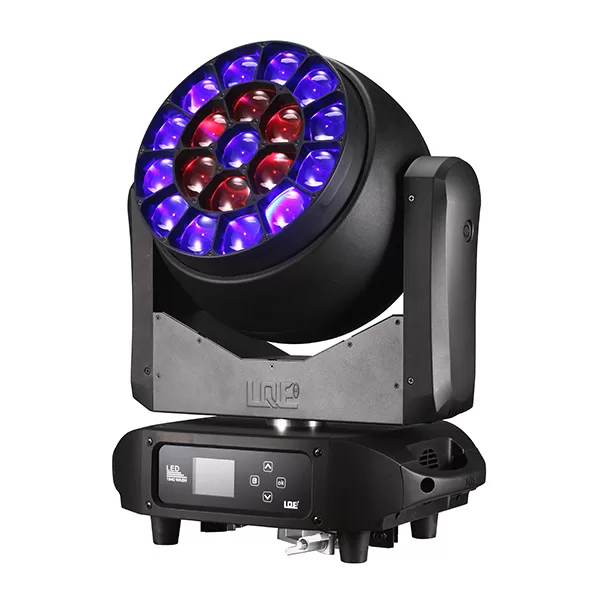
600w 19x40w RGBW Stage Moving Head Wash Light LW600 Zoom IP20
600W 19x40W LED RGBW Mulichips Moving Head Wash Lights with Zoom (5°–50°), Covering Large Range and Long Distance. IP20: Designed to deliver a 5°–50° ultra-large zoom range to achieve a greater wash effect, illuminating stages and events with stunning ring control lighting effects.
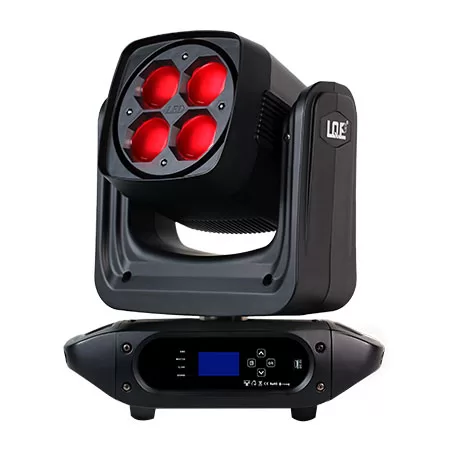
LED Moving Head Stage Wash Light LW200Z
The versatile moving head stage light provides a powerful lighting solution for theaters, concerts, and large outdoor performances. Suitable for theaters, TV stations, entertainment stages, and large outdoor performance scenes.
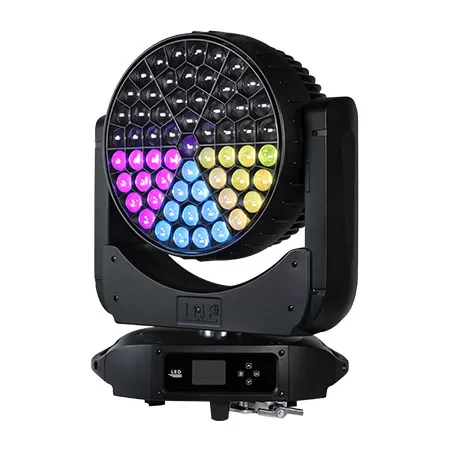
1000w 61x40w RGBW Stage Moving Head Wash Light LW1000
1000W 61x40W LED RGBW Mulichips Moving Head Wash Lights with Zoom (5°–50°), Covering Large Range and Long Distance. Designed to deliver a 5°–50° ultra-large zoom range to achieve a greater wash effect, illuminating stages and events with stunning lighting effects.
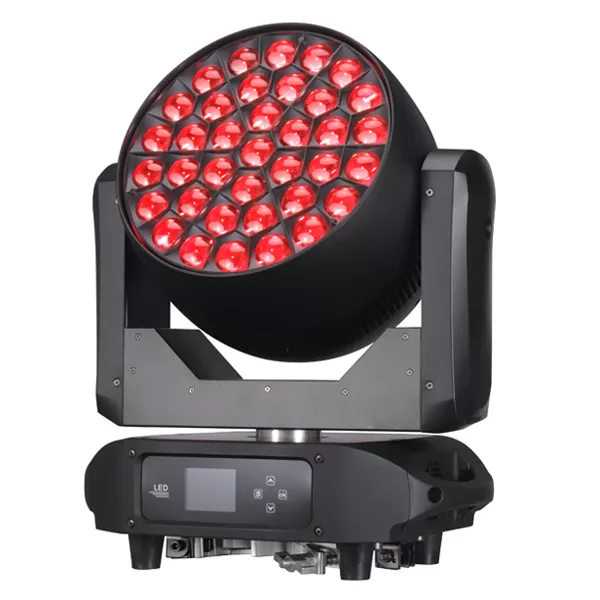
800w 37x40w RGBW Stage Moving Head Wash Light LW800
800W 37x40W LED RGBW Mulichips Moving Head Wash Lights with Zoom (5°-50°), Covering Large Range and Long Distance. Designed to deliver a 5°–50° ultra-large zoom range to achieve a greater wash effect, illuminating stages and events with stunning ring control lighting effects.

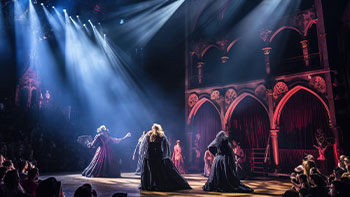
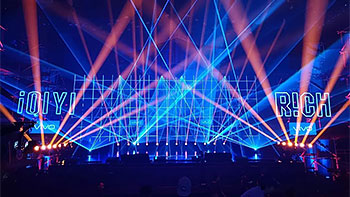
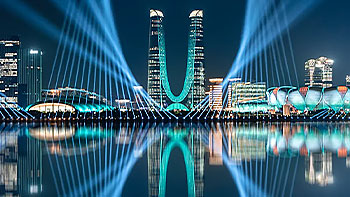
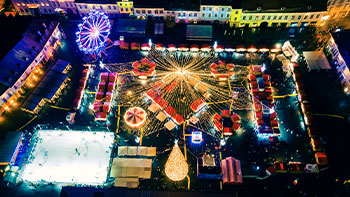
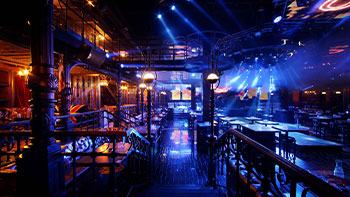
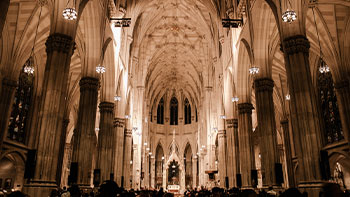






Linkedin
YouTube
Whatsapp: +8618924548390
TikTok